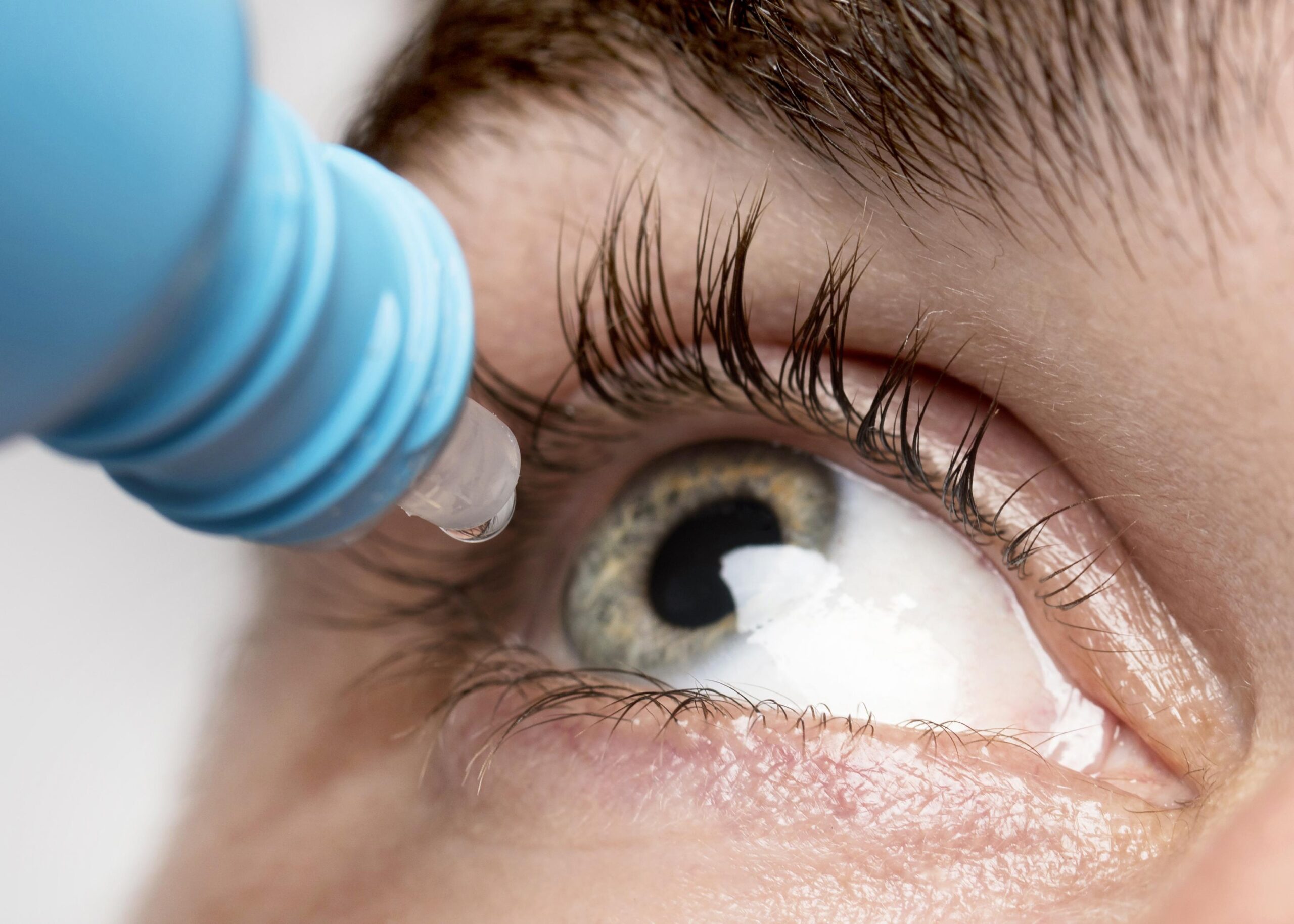How Infections Can Damage the Cornea & Ways to Protect Your Eyes

The cornea is an important part of the eye because it clears your vision by focusing light. Eye diseases can do a lot of damage, and sometimes it’s permanent, if you don’t treat them right away, says the best cornea expert in Delhi. When corneal infections worsen quickly, they can make it hard to see, cause pain, and in the worst cases, leave scars that won’t go away or even result in blindness. Being aware of the risks and taking steps to protect your eyes will help them stay healthy and clear for a long time.
Even though eye diseases are frequent, they can have very bad effects. Even a minor irritation or waiting too long to get care can turn into a major problem. This piece discusses the impact of corneal diseases, situations where you are more likely to develop them, and valuable ways to keep your eyes safe.
Serious Consequences of Corneal Infections
A lot of bad things can happen after getting a corneal infection. When illnesses last for a long time, they often leave scars on the eye, which makes it harder to see clearly. In severe cases, surgery, like a corneal graft, may be needed to recover sight. If you don’t treat illnesses, they can also increase your risk of developing other eye problems, such as cataracts, chronic inflammation, or even losing your eye.
The seriousness of these issues makes it even more important to catch them early and get expert care. If the damage is already pretty bad, you need to see a cornea transplant specialist right away. Acting quickly can save your sight and make the surgery go better.
High-Risk Scenarios for Corneal Damage
There are several situations where people are more likely to get eye infections:
- Misusing contact lenses: bacteria or fungi can enter the eye if the lenses are worn for longer than recommended, not cleaned properly, or left in water for too long.
- Eye injuries: Microbes can get through the eye if it is scratched or filled with foreign matter.
- Immune system challenges: Diabetes and autoimmune illnesses may make people more vulnerable.
- Environmental exposure: Microorganisms harmful to your eyes can be spread by dust, smoke, or dirty water.
To take preventive steps and lower the chance of major eye problems, you need to know about these risk factors.
How to Protect Your Cornea: Everyday Tips
Preventive care is very important for keeping the eyes healthy. Doing the following things lowers the chance of getting illnesses and improves eye safety in the long term:
- Strict cleanliness rules for contact lenses: clean them well, don’t wear them overnight, and never rinse them with tap water.
- Maintain hand cleanliness: Always wash your hands before you touch your eyes or glasses.
- Eye protection: Wear glasses or masks when you’re outside or in a place with dust, chemicals, or other debris.
- Quick care for injuries: even minor scratches should be closely watched to avoid getting an infection.
- Safe water exposure: If you have contact lenses on, don’t swim or bathe in dirty water.
A healthy lifestyle includes drinking enough water, eating a healthy, vitamin-rich diet, and getting enough rest every day.
Taking these steps every day can greatly lower the chance of getting eye diseases and long-term damage. Experts say that long-term protection works better than one-time treatment.
Early visits to an optician or cornea transplant specialist can help monitor eye health at this point, especially for people who are more likely to get sick. Regular check-ups let you take care of small problems quickly, before they become big problems.
When to Secure the Services of an Expert
Infections can happen even if you take steps to avoid them. If you have signs like swelling that won’t go away, pain, blurred vision, discharge, or sensitivity to light, you need to see a doctor right away. If you see an expert optician right away, they can figure out how bad the infection is and start the proper treatment. Treatment may include external medicines, mouth treatments, or, in very rare cases, surgery, depending on the type of infection (bacterial, viral, or fungal).
If infections hurt the cornea badly enough to fear lasting vision loss, you need to see a cornea transplant specialist right away. With expert care, the proper treatment method is chosen to improve results and protect vision.
After an infection, long-term eye care
- Taking care of your eyes in general makes them less likely to get infections and makes the lens more resistant to damage. Here are some long-term plans:
- Eye examinations should be done regularly, even if there are no signs.
- Taking care of long-term diseases, like diabetes, properly can lower your risk of complications.
- Put on sunglasses to shield your eyes from UV damage that could weaken the lens.
- Do not rub your eyes, because that can spread germs or worsen small cuts.
The best way to keep your eyesight and protect the cornea from infections is to set up a practice that includes preventative care and professional supervision.
Conclusion
Corneal infections can be very bad, leaving scars, losing your sight, or even going blind permanently in the worst cases. To keep your eyes healthy, you need to avoid problems, catch them early, and get professional help. Patients can greatly lower their risk of corneal damage by keeping their eyes clean, wearing eye protection in high-risk areas, and taking care of their symptoms quickly.
Bharti Eye Hospital is known as the best doctor for eye in Delhi to get expert advice and treatment. They offer full care, including early assistance, improved treatment, and surgery when needed. The best way to keep your eyesight clear in the future is to take care of your lenses now.




Leave a Reply